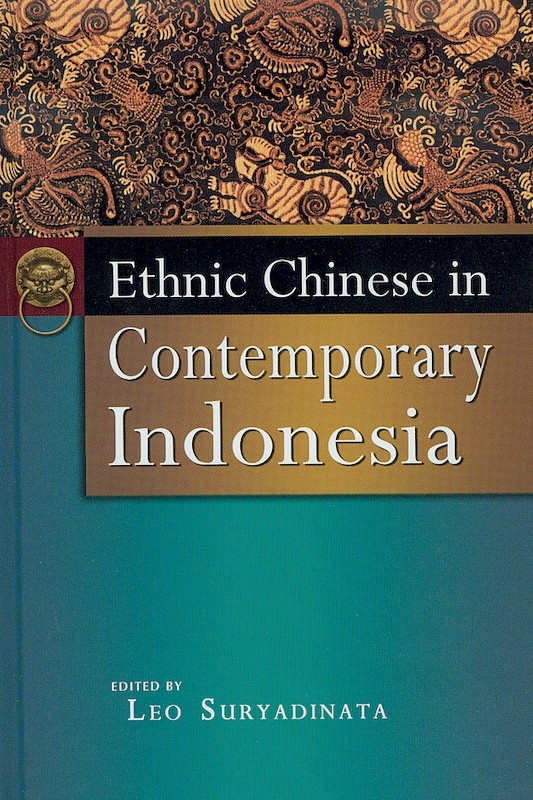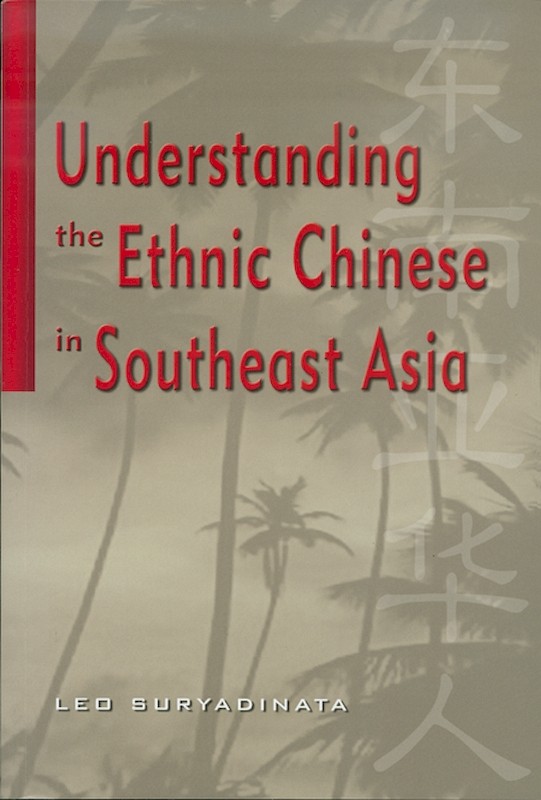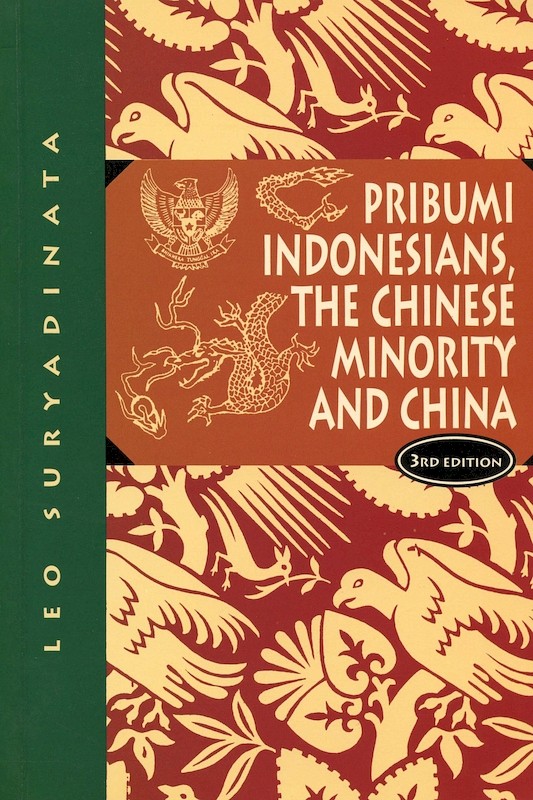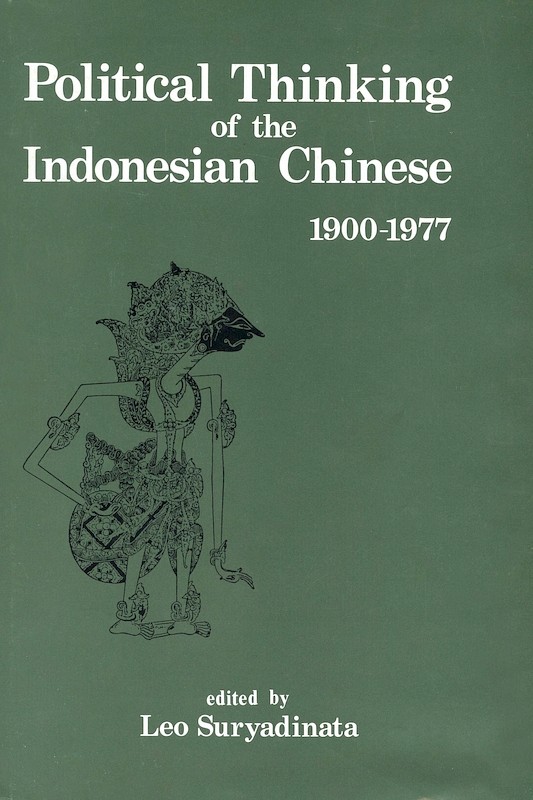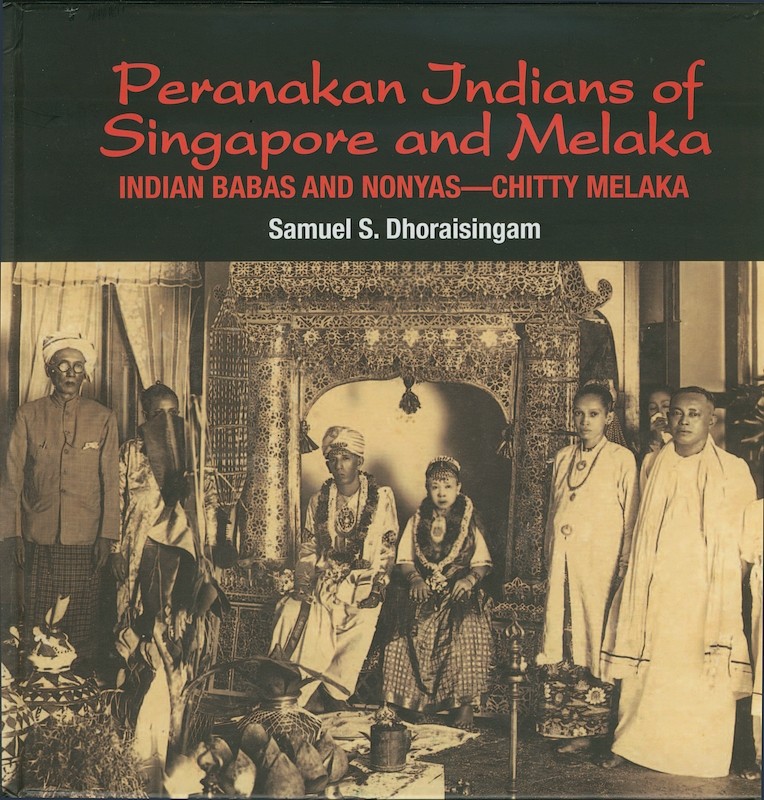Chinese Indonesians: Remembering, Distorting, Forgetting
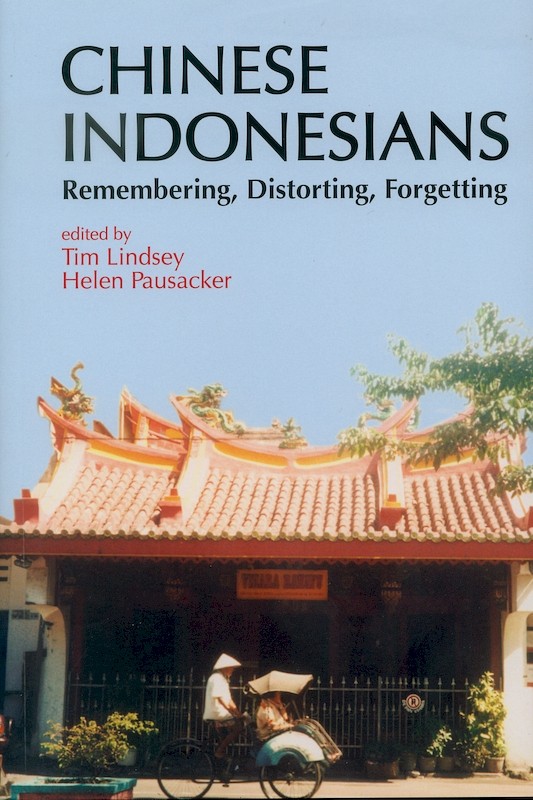
Reviews
"This edited volume is a tribute to the work of Charles Coppel, the Australian Indonesianist, whose work for more than three decades now has been dedicated to researching varied aspects of the lives of the Chinese in Indonesia, ranging from politics and legal issues to history and religion. The volume's contributors consist of former PhD supervisees, colleagues and friends of Coppel, drawn mainly from Australia, but also from Indonesia, Singapore and Europe, all acknowledging their intellectual debts and closely following and reflecting on his many writings" (South East Asia Research).
"Indonesia's ethnic Chinese minority is so crucial to the country's economy that a reliable grasp of its complex political and socio-cultural status is essential for any social scientist aiming to comprehend its strengths and vulnerabilities. For such persons, several essays in this book would be extremely valuable -- and others intrinsicallyy interesting. It is not only the most up-to-date but also the best informed and most discerning set of studies on the subject to have appeared in recent years" (Bulletin of Indonesian Economic Studies).
"This thorough and scholarly book is to honour and reflect the life and work of Charles A. Coppel, the Australian Indonesianist who has been studying various aspects of the ethnic Chinese in Indonesia throughout his academic career. It is also the latest scholarly work in English that deals with the ethnic Chinese in Indonesia. The title of this book is inspired by Coppel's 1995 article 'Remembering, Distorting, Forgetting: Sino-Malay Literature in Independent Indonesia' (Asian Culture, 19, pp. 14-28), in which he drew 'attention to misrepresentations of the Chinese, seeking to locate the realities behind the myths which form the basis for the racism and xenophobia they have often experienced in Indonesia' (p. vii). The contributors of this Festschrift are students, colleagues and friends of Coppel, all of them influenced by his works and areas of interest, 'ranging from history, politics, legal issues, and violence against the Chinese to culture and religion' (p. vii). The most fascinating aspect of this book is the discussion of the role played by the ethnic Chinese and their contributions in various non-business fields in Indonesia. The contributors have provided relevant points to substantiate their analysis and arguments. Their works rebut the stereotype of the Chinese Indonesians as exclusive and only interested in money. The references included at the end of each chapter are rich sources and will be of greatest use to those who are interested in studying the Chinese Indonesians. This book has also served one useful purpose of providing new ideas, alternative perspectives and guides to future research on the ethnic Chinese in Indonesia" (Asian Ethnicity).
"Although these papers are diverse in topic, approach, and writing style, their common theme is the determination, as in the work of Charles Coppel, to question various stereotypes of Chinese experiences in Indonesia, and to offer instead new evidence of the conditions and challenges that Chinese have faced at different periods of time. The book begins with four chapters that focus on the transition of Chinese Indonesians from the discriminatory and assimilationist policies of the Soeharto era to the loosening of restrictions in the current period. The violent attacks on Chinese Indonesians in Jakarta in May 1998 and subsequent shifts in official policies toward cultural recognition are both fairly well known to those interested in Southeast Asian-Chinese issues. What this means for the future positions of Chinese Indonesians, however, appears to be far from settled. Jemma Purdy's chapter on anti-Chinese violence from 1996-99 opens the volume with a cautionary tale of entrenched stereotypes of Chinese Indonesians at local levels that once spurred mob violence and could do so again" (Indonesia).
About the publication
1st Reprint 2006
Co-publication: ISEAS / Monash
Institute of Southeast Asian Studies / Monash Asia Institute
Contents
-
Chinese Indonesians: Remembering, Distorting, Forgetting
[Whole Publication, ISBN: 9789812305442] -
Preliminary pages
-
1. Anti-Chinese Violence and Transitions in Indonesia: June 1998October 1999, by Jemma Purdey, author
-
2. Reconstituting the Ethnic Chinese in Post-Soeharto Indonesia: Law, Racial Discrimination, and Reform, by Tim Lindsey, author
-
3. Buddhism and Confucianism in Contemporary Indonesia: Recent Developments, by Leo Suryadinata, author
-
4. Portrait of the Chinese in Post-Soeharto Indonesia, by Arief Budiman , author
-
5. The Makam Juang Mandor Monument: Remembering and Distorting the History of the Chinese of West Kalimantan, by Mary Somers Heidhues, author
-
6. Confucianists and Revolutionaries in Surabaya (c1880c1906), by Claudine Salmon, author
-
7. The Chinese and the Early Centuries of Conversion to Islam in Indonesia, by Jean Gelman Taylor, author
-
8. The Agony of Love: A Study of Peranakan Chinese Courtship and Marriage, by Christine Pitt, author
-
9. Peranakan Chinese and Wayang in Java, by Helen Pausacker, author
-
Index

